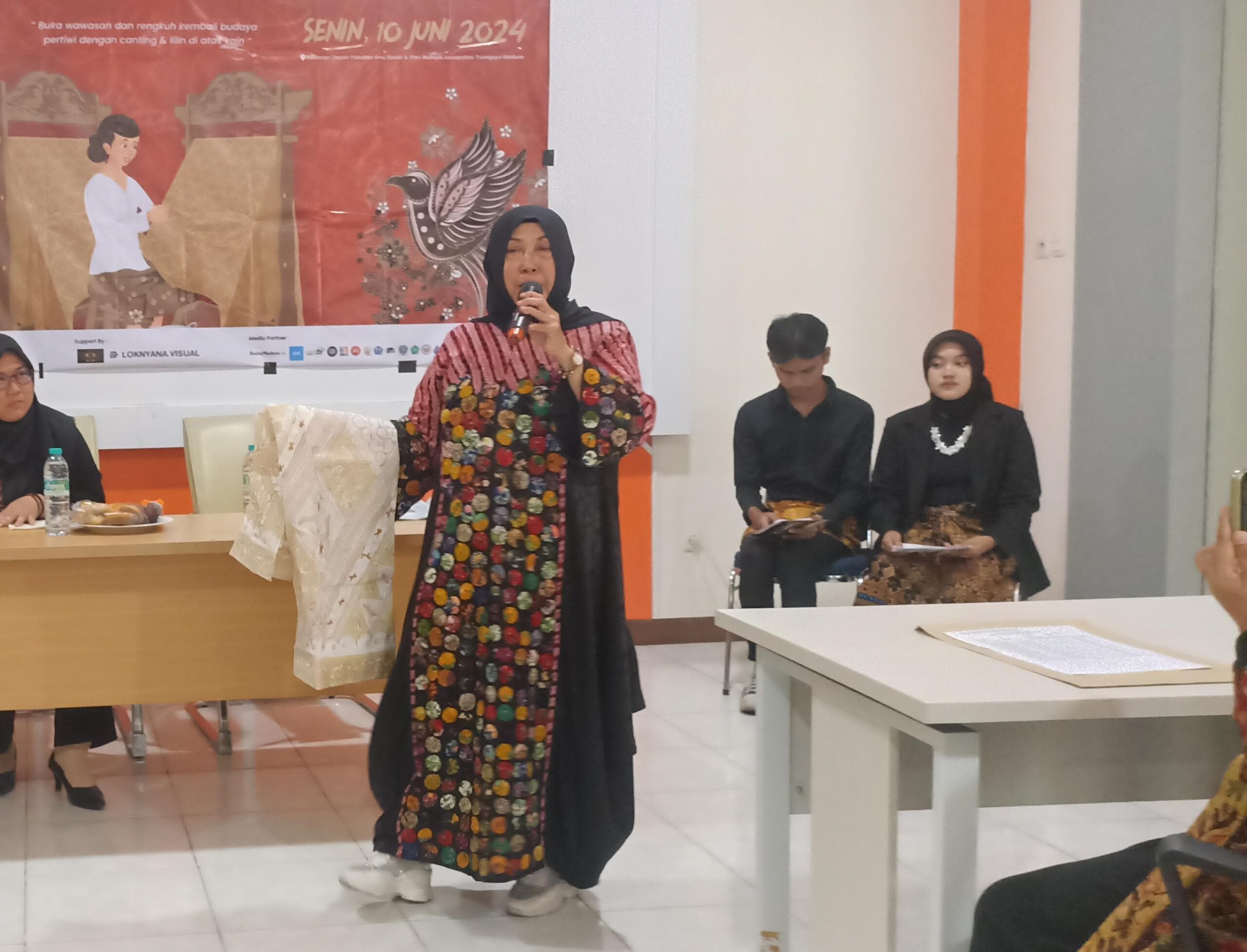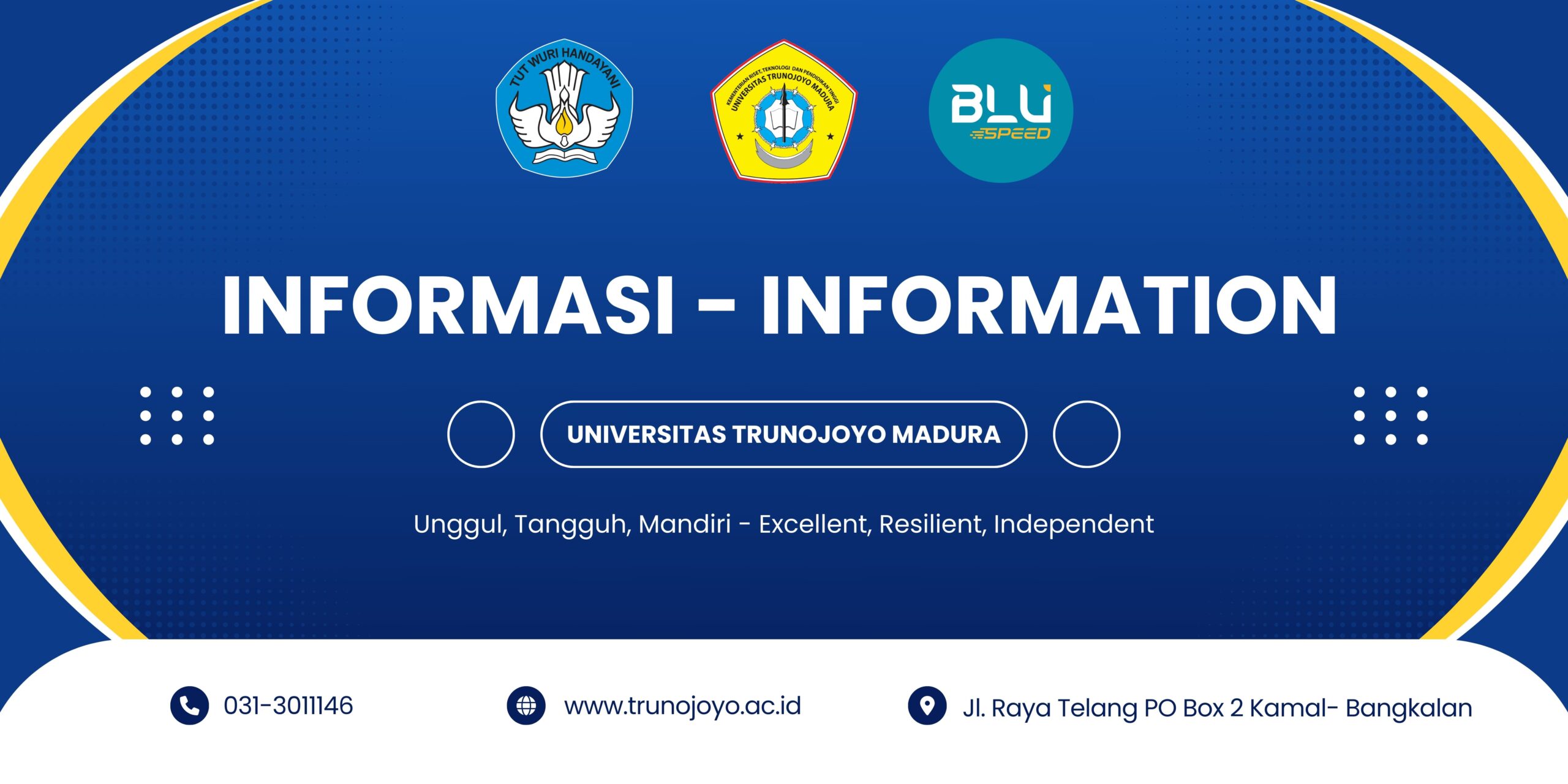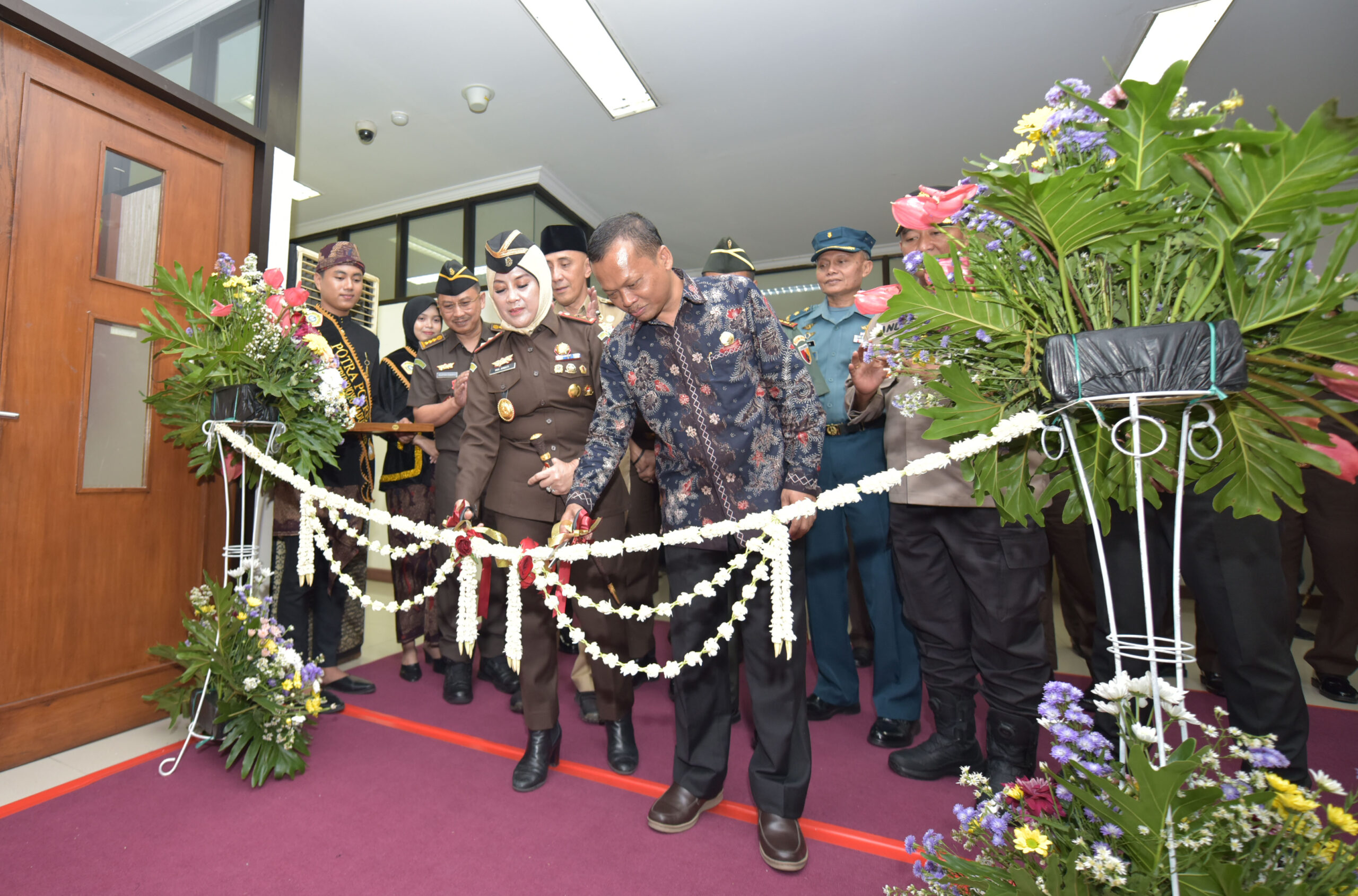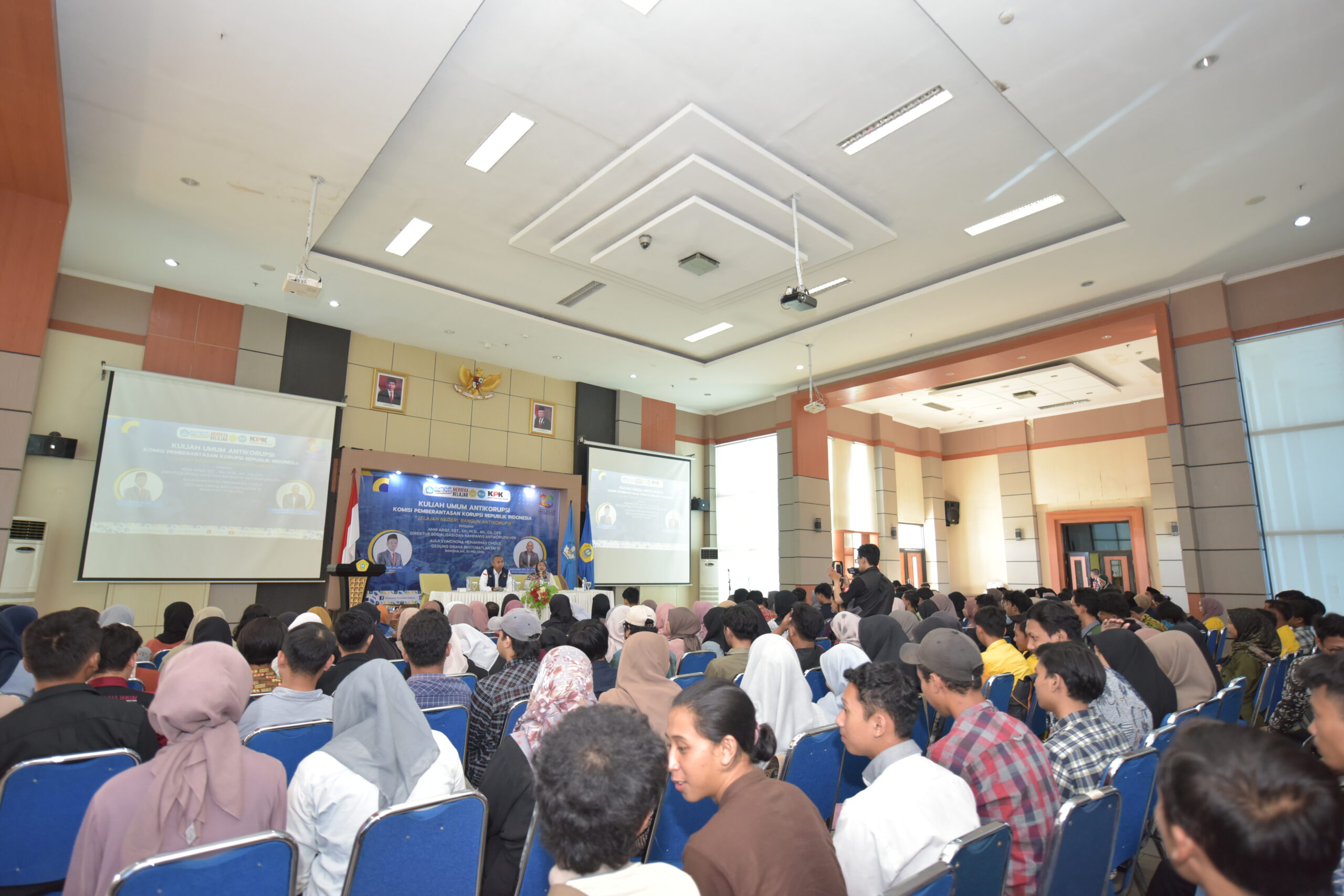The Leaders of UTM Attends Socialization on the Role of Academics and Media in Preventing Corruption in Surabaya
Surabaya – The leaders of Universitas Trunojoyo Madura attended a socialization event focused on strengthening anti-corruption measures through the enhancement of internal oversight within development programs.
The event was attended by several members of the media and academics from East Java and was held on the 8th floor of the East Java Provincial Government Secretariat Building on June 13, 2023.
Presented at the meeting were Dr. Safi’ SH., MH, the Rector of Universitas Trunojoyo Madura (UTM), Surokim, S.Sos., M.Si., the Vice Rector for Student Affairs at UTM, and several other officials from UTM.
Surokim stated that this event could strengthen the efforts to prevent corruption in Indonesia.
"Through this event, it is hoped that we can strengthen our efforts and strategies in improving national efforts to prevent corruption," said Surokim.
According to him, this event is part of the effort to strengthen the national strategy for preventing corruption, which is attributed to the insufficient quality and quantity of human resources in overseeing the planning, implementation, and evaluation of development.
In an effort to prevent corruption, the KPK, through the Stranas KPK under the auspices of the KPK Deputy for Prevention and Monitoring, continues to actively conduct campaigns across various institutions.
One of the ways in which the KPK is involved is by participating in organizing socialization activities aimed at strengthening anti-corruption measures through the enhancement of internal oversight in development programs.
Please be informed that the role of the Corruption Eradication Commission (KPK) as a state institution in the execution of its duties is independent and specifically tasked with combating corruption in Indonesia.
According to information from the website www.kpk.go.id, several measures and strategies for preventing corruption have been outlined.
Corruption is an extraordinarily severe crime against the law, often committed collectively.
Interestingly, it is often overlooked that cases of corruption frequently involve close associates or even family members.
Therefore, the Corruption Eradication Commission (KPK) emphasized that the prevention of corruption can essentially begin at the smallest scale, which was the establishment of an integrity-driven family.
“From the perspective of enforcement, the KPK has recorded several corruption cases involving individuals from 21 families, including spouses, parents and children, as well as siblings. The modus operandi includes issues related to procurement of goods and services, licensing for land use, and electoral dispute matters,” said Ipi Maryati, the KPK Spokesperson for Prevention.
According to her, there are at least three functions of the family that play a significant role in shaping a family with integrity to avoid corrupt behavior, including: the function of affection, socialization, and the formation of social identity.










